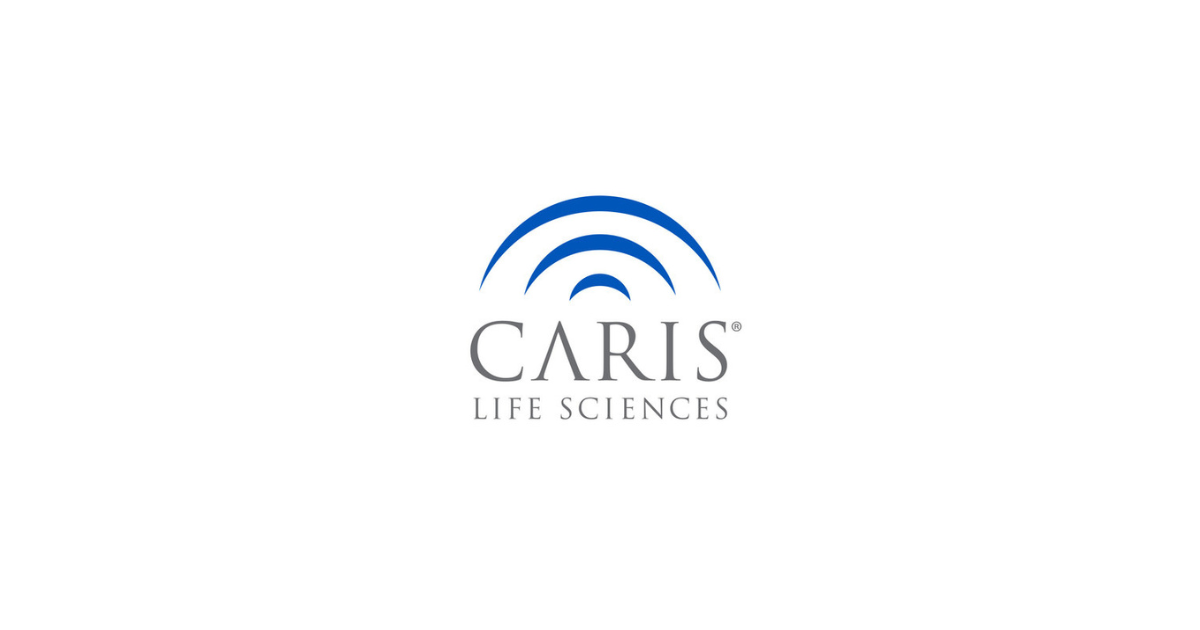Caris Life Sciences Validates AI-Enabled Blood-Based Cancer Assay

Caris Life Sciences has announced a landmark study validating the Caris Assure blood-based assay for multi-cancer early detection, minimal residual disease, and therapy selection, announced in a press release. The study, published in Scientific Reports, highlights the assay's diagnostic, prognostic, and predictive capabilities.
The Caris Assure platform integrates Whole Exome Sequencing and Whole Transcriptome Sequencing with advanced machine learning, offering comprehensive molecular profiling of over 23,000 genes in plasma. This approach sets a new standard for blood-based testing, enabling accurate early detection and sensitive disease monitoring without the need for prior tissue biopsies.
The study demonstrated the assay's effectiveness in multi-cancer early detection with sensitivities ranging from 83.1% to 95.7% across cancer stages I-IV, and a specificity of 99.6%. Additionally, the assay showed significant predictive power for recurrence monitoring, with hazard ratios of 33.4 for minimal residual disease and 4.39 for therapeutic monitoring.
Caris Life Sciences is actively pursuing regulatory and reimbursement pathways to expand the assay's applications beyond therapy selection in advanced cancers, aiming to enhance cancer care management through this innovative platform.
We hope you enjoyed this article.
Consider subscribing to one of our newsletters like Life AI Weekly or Daily AI Brief.
Also, consider following us on social media:
More from: Life Sciences
Subscribe to Life AI Weekly
Weekly coverage of AI applications in healthcare, drug development, biotechnology research, and genomics breakthroughs.
Whitepaper
Stanford HAI’s 2025 AI Index Reveals Record Growth in AI Capabilities, Investment, and Regulation
The 2025 AI Index by Stanford HAI provides a comprehensive overview of the global state of artificial intelligence, highlighting significant advancements in AI capabilities, investment, and regulation. The report details improvements in AI performance, increased adoption in various sectors, and the growing global optimism towards AI, despite ongoing challenges in reasoning and trust. It serves as a critical resource for policymakers, researchers, and industry leaders to understand AI's rapid evolution and its implications.
Read more
